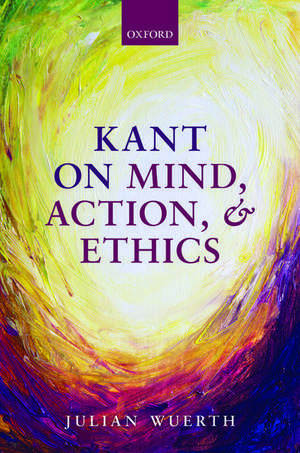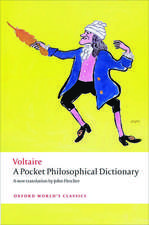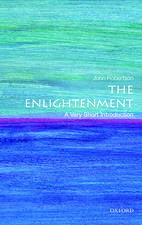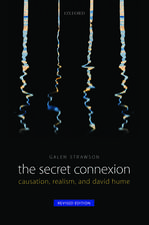Kant on Mind, Action, and Ethics
Autor Julian Wuerthen Limba Engleză Hardback – 28 aug 2014
Preț: 584.16 lei
Preț vechi: 835.05 lei
-30% Nou
Puncte Express: 876
Preț estimativ în valută:
111.78€ • 116.70$ • 92.51£
111.78€ • 116.70$ • 92.51£
Carte disponibilă
Livrare economică 03-10 martie
Preluare comenzi: 021 569.72.76
Specificații
ISBN-13: 9780199587629
ISBN-10: 0199587620
Pagini: 368
Dimensiuni: 165 x 238 x 27 mm
Greutate: 0.7 kg
Editura: Oxford University Press
Colecția OUP Oxford
Locul publicării:Oxford, United Kingdom
ISBN-10: 0199587620
Pagini: 368
Dimensiuni: 165 x 238 x 27 mm
Greutate: 0.7 kg
Editura: Oxford University Press
Colecția OUP Oxford
Locul publicării:Oxford, United Kingdom
Recenzii
This title is a hefty read, no doubt, but I recommend it to those who have interests in Kant's philosophy and also to those who possess interests in philosophy of mind more broadly.
[F]or those of us hungry to expand our appreciation of Kant's corpus overall, this book is a gold-mine of little noted yet deeply significant texts. The work Wuerth has done to comb carefully through long texts and really get to the heart of what is important philosophically about them reveals itself in these many pages. Along the way, he challenges us to accept the apparently (but not actually) un-Kantian ideas that the self is a substance and that the sensible and the intellectual have something approaching equal standing in Kant's theory of action. So, to reiterate: I recommend this book highly.
[Wuerth] offers a wealth of neglected material from the broader Kant corpus. This is a fresh and ambitious interpretation of Kant, exhaustively and confidently defended
[F]or those of us hungry to expand our appreciation of Kant's corpus overall, this book is a gold-mine of little noted yet deeply significant texts. The work Wuerth has done to comb carefully through long texts and really get to the heart of what is important philosophically about them reveals itself in these many pages. Along the way, he challenges us to accept the apparently (but not actually) un-Kantian ideas that the self is a substance and that the sensible and the intellectual have something approaching equal standing in Kant's theory of action. So, to reiterate: I recommend this book highly.
[Wuerth] offers a wealth of neglected material from the broader Kant corpus. This is a fresh and ambitious interpretation of Kant, exhaustively and confidently defended
Notă biografică
Julian Wuerth is Associate Professor of Philosophy at Vanderbilt University. He received his BA from the University of Chicago in 1993 and his PhD from the University of Pennsylvania in 2000. Wuerth's recent publications include 'The Paralogisms of Pure Reason', in The Cambridge Companion to Kant's Critique of Pure Reason (CUP, 2010) and Perfecting Virtue: New Essays on Kantian Ethics and Virtue Ethics, as co-editor (CUP, 2011).















